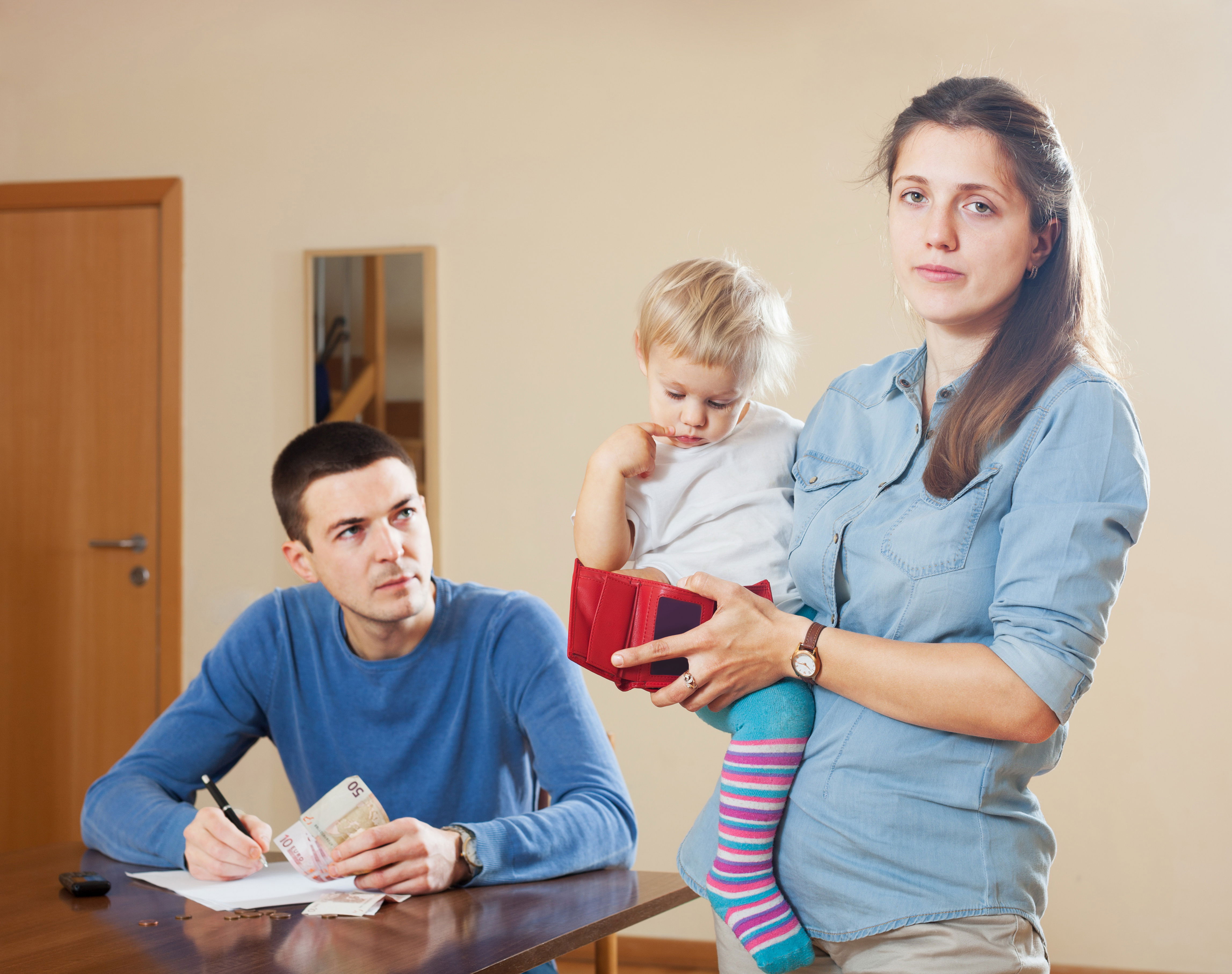Breaking Free from Economic Abuse: The Silent Crisis Affecting Women in the UK
Economic abuse is a form of domestic violence that often goes unnoticed. It's subtle, insidious, and deeply damaging. For many women, it is the invisible cage that holds them captive, preventing them from living free and independent lives. Unlike other forms of abuse that are more visible, economic abuse operates quietly in the background, making its victims financially dependent and trapped in toxic relationships. But there’s hope. By raising awareness and understanding, we can help women reclaim their financial independence and break free from this silent crisis.
What is Economic Abuse?
Economic abuse is more than just controlling finances—it's about manipulating and limiting access to financial resources to trap a person in a cycle of dependence. It's a tactic used to undermine a person’s autonomy, especially within the context of intimate relationships. Women are disproportionately targeted by this form of abuse, often without realizing how damaging it can be until it’s too late.
Types of Economic Abuse Economic abuse can take many forms, including:
- Withholding Money: One of the most common forms of economic abuse, where the abuser refuses to provide financial support for daily living expenses, even when they have access to money.
- Controlling How Money is Spent: The abuser controls how, when, and on what the victim spends money, often dictating every penny and making the victim feel powerless in their decisions.
- Preventing Employment: The abuser might prevent their partner from working or sabotage their job opportunities by controlling transportation, childcare, or even their behavior at work.
- Incurring Debt in the Victim's Name: Abusers may force their partners to take on loans, credit cards, or other debts, making it impossible for the victim to escape financially.
- Stealing or Exploiting Earnings: The abuser may take the victim’s income, leaving them without any financial security.
- Ruining Credit: By refusing to pay bills, defaulting on loans, or making financial decisions that negatively impact credit scores, the abuser can ruin the victim’s financial future.

Why Women Are Disproportionately Affected
In the UK, women are far more likely to experience economic abuse than men. According to research from the Office for National Statistics (ONS), 1 in 5 women have experienced economic abuse during their lifetime. This figure rises dramatically when combined with domestic violence cases.
It is estimated that 50% of women experiencing domestic abuse also face some form of financial control.Women from marginalized groups, such as those from minority ethnic backgrounds, women, and women with disabilities, are even more vulnerable. These women often face compounded social, economic, and cultural barriers that make it even harder to escape the abusive cycle.
Economic Abuse: The Hard Facts
The statistics surrounding economic abuse in the UK are alarming:
- 2.4 million women aged 16 to 59 have experienced domestic abuse in their lifetime, many of whom have also experienced economic abuse.
- 1 in 6 women face financial coercion and control as part of domestic abuse.
- 1 in 5 women have experienced financial control or coercion at some point in their lives.
- Economic abuse impacts the credit ratings and financial futures of many women, leading to years of debt recovery.
Deprivation and Vulnerability: Areas Most Affected by Economic Abuse
Economic abuse is especially prevalent in deprived areas where poverty, low income, and social isolation create environments that make women more vulnerable to control and manipulation. In the UK, some of the most affected regions include:
- South East London (including Lewisham, Southwark, and Hackney) – These areas, marked by high rates of poverty and financial instability, are particularly vulnerable to both domestic violence and economic abuse. Women in these areas often rely on public services or welfare support, which can be exploited by abusers.
- The North East (e.g., Newcastle, Middlesbrough) – Known for its high levels of unemployment and financial deprivation, these areas have an alarmingly high rate of domestic violence and economic abuse, with women more likely to experience both financial instability and emotional manipulation.
- The North West (including Manchester, Liverpool, Blackburn) – Large immigrant communities and areas of social deprivation in the North West make many women susceptible to economic abuse, compounded by social isolation and lack of support.
- The Midlands (including Birmingham, Coventry, Wolverhampton) – Economic inequality in these cities, combined with a high incidence of domestic violence, leads to an increased risk of financial abuse. Women in these areas often have limited access to education, financial services, and support networks.
- Rural Wales – Even rural areas like Pembrokeshire and Ceredigion suffer from economic abuse, despite being far from large cities. Women in these regions often face isolation, limited access to services, and fewer employment opportunities, making them more vulnerable to financial control.
The Hidden Cost of Economic Abuse
While the emotional and psychological scars of domestic abuse are often visible, the financial damage can be long-lasting. Women who suffer from economic abuse often face the following challenges:
- Poverty and Financial Dependency: Abusers create financial dependence, making it difficult for women to leave the relationship without risking their financial stability.
- Damaged Credit Ratings: The abuser's control over financial decisions often leads to missed bills, debt, and a ruined credit score, which makes it harder to rebuild financial independence.
- Chronic Stress and Mental Health Strain: The emotional toll of economic abuse can lead to long-term mental health issues, including anxiety, depression, and post-traumatic stress disorder (PTSD).
- Employment Barriers: Women subjected to economic abuse may struggle to find or keep a job due to the limitations imposed by their abuser, further deepening their financial dependency.
Empowering Women: How We Can Help
Breaking free from economic abuse is possible, but it requires support, awareness, and the right tools. Here are a few steps that can help:
- Financial Independence: Women need access to their own bank accounts, income, and credit. By ensuring that all women have the right to open a bank account in their name, they can begin to rebuild their financial autonomy.
- Awareness and Education: Public awareness campaigns and financial education programs should be implemented, particularly in the most deprived areas, to educate women about their rights and how to protect themselves financially.
- Legislation and Support Services: Stronger legislation is needed to protect women from economic abuse. Financial institutions must be equipped to support victims of abuse, offering services such as separate bank accounts and debt recovery options.
- Community Support: Local charities and community groups must be better funded to provide support for women facing economic abuse, including financial counseling, legal advice, and access to safe housing.
Standing Together Against Economic Abuse
Economic abuse is a silent crisis affecting thousands of women across the UK. By acknowledging the problem, increasing awareness, and empowering women with financial independence, we can take steps towards ending this form of abuse.
Everyone, from individuals to organizations, government bodies, and businesses, must work together to ensure that women are no longer trapped in financial control.If you or someone you know is experiencing economic abuse, help is available. There are organizations across the UK that offer support, financial advice, and legal guidance to victims of abuse. The first step is to speak out, get help, and take control of your financial future.
